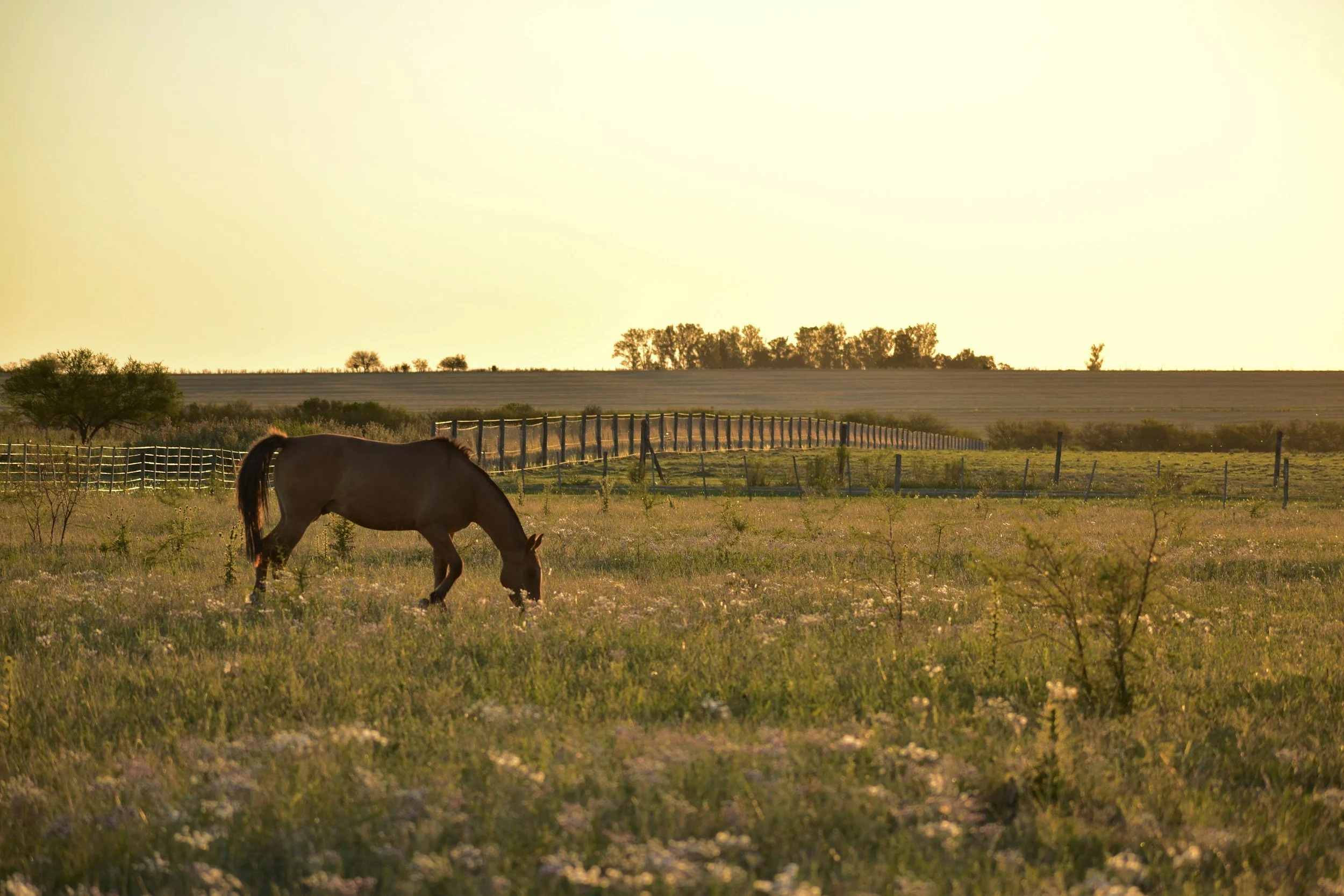Kentucky is a region of almost 26 million acres of land, and of that land a little less than half is covered in woodlands owned by roughly 467,000 private landowners. That is a vast amount of land to look after, and almost too much for anyone to monitor completely. Today, woodland property owners face the problem of unauthorized property entry and unapproved timber cutting on their land.
It’s a Trap! Venus Flytrap Poaching Laws
The Venus flytrap is a carnivorous plant species that was first discovered by a colonial governor of North Carolina in the 1700s. Since its discovery, people have been enthralled by the plant’s worldly beauty and strange feeding habits. Charles Darwin thought it was one of the world’s most magnificent plants. However, in recent years poachers have become the flytrap’s newest admirer.
The EPA Versus the Economy and Innovation: Can they Coexist, or are they Mutually Exclusive?
In September 2015, the Environmental Protection Agency (hereinafter “EPA”), armed with data independently obtained by a group of researchers at West Virginia University, accused Volkswagen Corporation of “cheating” on emissions tests. Specifically, the allegation charged that Volkswagen had equipped certain models of their diesel engine vehicles with “defeat devices” – software on the vehicles that could detect when the vehicle was undergoing emissions tests, and subsequently regulate the amount of emissions that would be produced during the testing phase.
Recent Ruling Gives Cleaner Fuel Standards More Momentum
One state is helping cleaner fuel standards become the norm across the country, supported by a recent federal court ruling. In 2009, Oregon authorized the Clean Fuels Program to combat climate change caused by automobile emissions. The goal was to reduce greenhouse gas emissions from transportation fuels by ten percent over a ten-year period by requiring oil companies to gradually reduce their carbon pollution. The companies have a few options to meet this goal: blend lower-carbon fuels, or simply invest in a variety of other clean fuels.
So, Who Pays? The Kentucky Supreme Court Clarifies Where the Burden to Pay the State Severance Tax on Natural Gas Lies.
Recently, in the case of Appalachian Land Co. v. EQT Production Co., the Supreme Court of Kentucky considered a certified question of law from the U.S. Court of Appeals for the Sixth Circuit, namely: Does Kentucky's "at-the-well" rule allow a natural-gas processor to deduct all severance taxes paid at market prior to calculating a contractual royalty payment based on "the market price of gas at the well," or does the resource's at-the-well price include a proportionate share of the severance taxes owed such that a processor may deduct only that portion of the severance taxes attributable to the gathering, compression and treatment of the resource prior to calculating the appropriate royalty payment?
Children: Too Young to use Tobacco, but Old Enough to Harvest?
Child labor is alive in the United States. Almost a century after the 1938 Fair Labor Standards Act was passed and despite numerous amendments, loopholes still remain that allow young children to work for excessive hours in dangerous environments with unfair compensation. The agricultural field, more precisely the tobacco industry, has benefited from child labor due to the shortcomings of the Fair Labor Standards Act.
Trademark Infringement Lawsuits Could Inhibit Two Growing Kentucky Industries
Liquor industry giant Sazerac Co. (Sazerac) has been involved in numerous trademark infringement lawsuits in recent years. For example, in September, Sazerac filed suit against Stout Brewing Company LCC claiming that Stout Brewing tried “to pass off its own product [Fire Flask] as Fireball Cinnamon Whiskey.” The companies settled the dispute on Sept. 22, and Stout Brewing agreed to “cease selling its product with infringing labels and redesign its label.
The Kentucky Legislature and Governor Beshear Should Resist Trends Away from Furosemide-Free Horse Racing
Recently, the Administrative Regulation Review Subcommittee (ARRS) of the Kentucky legislature reviewed a proposal of a regulation that would give racetracks the option to identify or “card” certain races as furosemide-free. Parties involved include the Kentucky Horsemen’s Benevolent and Protective Association (HBPA) and the Kentucky Horse Racing Commission (KHRC)
Georgia’s Solar Power Free-Market Financing Act of 2015: Would Kentucky Benefit from a Similar Act?
In July, the Georgia Legislature enacted the Solar Power Free-Market Financing Act of 2015. The purpose of the Act is to encourage a more affordable use of solar power in Georgia by allowing residents and businesses to lease solar technology from third party solar panel companies. The Act ensures that residents and businesses do not have to bear the considerable initial cost of purchasing, installing, or maintaining the solar panels.














